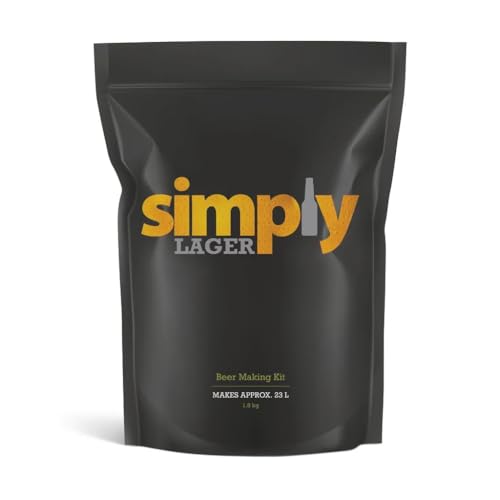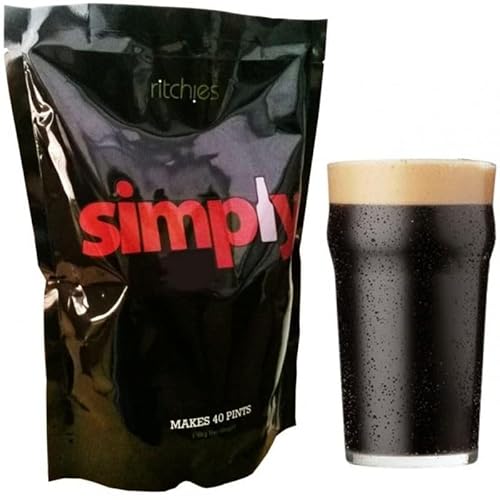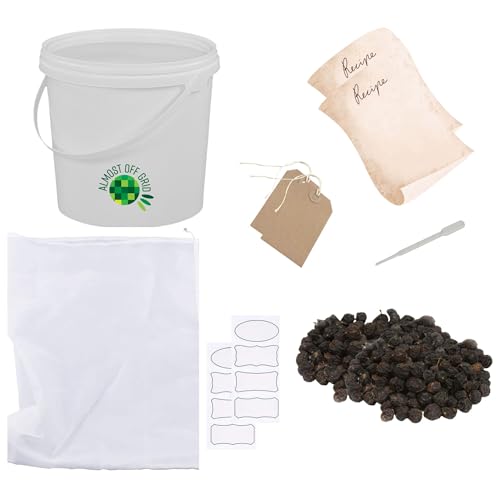Understanding Homebrewing Kits: A Beginner’s Journey
What is Homebrewing?
Homebrewing is the process of making beer at home. It’s a fun and rewarding hobby that allows us to create unique brews tailored to our tastes. Whether we fancy a refreshing lager or a robust stout, homebrewing gives us the freedom to experiment and take control of the brewing process. Plus, there’s something truly satisfying about enjoying a drink we’ve made ourselves.
Why Choose Homebrewing Kits?
Homebrewing kits are designed specifically for beginners, providing everything we need to get started in one convenient package. They simplify the brewing process by including pre-measured ingredients and essential equipment. With a kit, we can bypass the confusion of gathering supplies, allowing us to focus on brewing rather than shopping. It’s ideal for anyone looking to kick off their homebrewing adventure without overwhelming complexity.
Key Components of a Homebrewing Kit: What You Really Need
Essential Equipment
A basic homebrewing kit typically includes fermentation vessels, a thermometer, a hydrometer, and bottling equipment. The fermentation vessel is where our beer will develop its flavour, while a thermometer helps us monitor temperatures throughout the brewing process, ensuring the yeast behaves as it should. The hydrometer will help us measure the specific gravity of our brew, which is crucial for understanding the alcohol content.
Ingredients to Brew Your Own Beer
Homebrewing kits come with all the necessary ingredients, usually including malt extract, hops, and yeast. Malt extract provides the sugars needed for fermentation, while hops add bitterness and flavour. Yeast plays a vital role in fermentation, converting those sugars into alcohol and carbon dioxide. Each kit often reflects a particular beer style, which gives us a taste of what to expect in the final product.
Choosing the Right Homebrewing Kit for Your Needs
Assessing Your Brewing Goals
When selecting a homebrewing kit, it’s essential to consider what type of beer we want to make. Are we interested in brewing lagers, ales, or perhaps a specific regional beer? Different kits cater to different styles, so aligning our brewing goals with what’s offered is important.
Consider Your Space and Budget
Before purchasing a kit, evaluate the space we have available for brewing and fermenting. Homebrewing doesn’t require a large setup, but we do need a dedicated spot for our brewing equipment and fermentation process. Additionally, think about our budget; homebrewing kits range in price, so finding a kit that balances quality and cost is crucial while still meeting our brewing aspirations.
Crafting Your First Brew: Step-by-Step Guide
Preparation
To begin brewing, we need to thoroughly clean and sanitise all our equipment. Sterilisation is key in preventing unwanted bacteria from spoiling our beer. Next, we’ll gather ingredients provided in our kit and make sure we follow the recipe carefully.
Brewing Process
Start by heating water in a large pot, then add the malt extract and hops according to the instructions. Once the mixture, known as wort, has boiled and cooled, it’s time to transfer it into the fermentation vessel. This is when we add the yeast. Seal the vessel and store it in a warm place to ferment. This crucial stage can take anywhere from a few days to a couple of weeks.
Bottling Your Beer
After fermentation, it’s time to bottle our beer. We need to add priming sugar to the beer before filling each bottle, which will help create carbonation. Ensure to cap each bottle securely. After bottling, it’s advisable to let our brew condition for another week or two, allowing the flavours to develop further.
Tips for Success: Enhancing Your Homebrewing Experience
Keep Detailed Records
As we embark on our homebrewing journey, maintaining a brewing log can be immensely valuable. By noting the ingredients used, the brewing process, and any adjustments made, we can replicate successful batches or identify areas for improvement. Each brew will teach us something new, so recording our experiences is essential.
Join a Brewing Community
Connecting with other homebrewers can enhance our learning and enjoyment of the craft. Online forums, local brewing clubs, or social media groups provide platforms for sharing tips, recipes, and experiences. Engaging with a community can offer us fresh perspectives and encouragement throughout our brewing adventures.
Experiment and Have Fun
Homebrewing is as much an art as it is a science. While following recipes is a great way to start, we shouldn’t be afraid to experiment once we’re comfortable with the basics. Add additional ingredients, adjust brewing times, or try different styles—this experimentation will lead to unique beers and enhance our overall brewing experience.

























